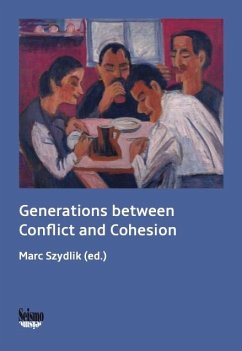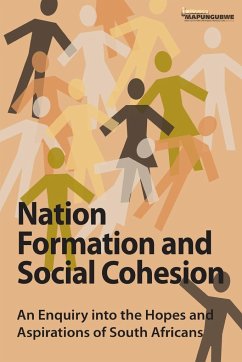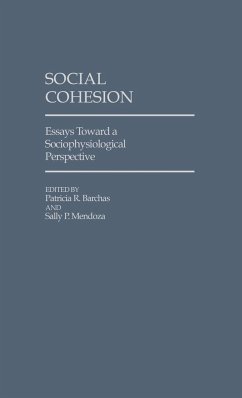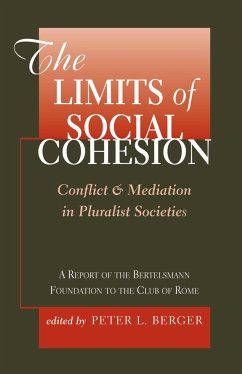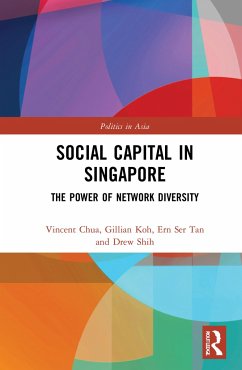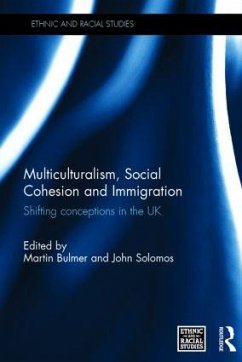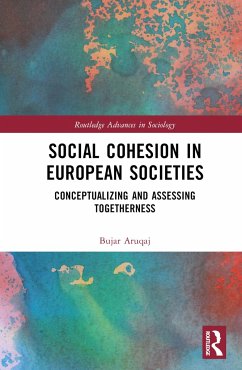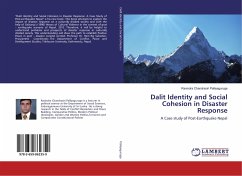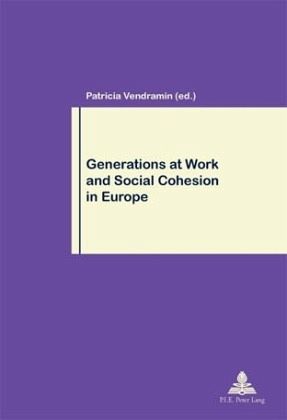
Generations at Work and Social Cohesion in Europe
Versandkostenfrei!
Versandfertig in 6-10 Tagen
63,35 €
inkl. MwSt.

PAYBACK Punkte
0 °P sammeln!
Work has always been and remains a powerful integrator in society. It provides places, duties and rights and classifies individuals on a scale of social prestige. Over a long period of time, however, the meaning of work has changed. It has become more diversified and it is now a matter for high expectations, of different kinds - instrumental, social, symbolic - that do not replace each other. In post-industrial societies, work and identities are still strongly intertwined despite a progressive distance vis-à-vis work (if work is considered as a value per se). Work remains a social integrator ...
Work has always been and remains a powerful integrator in society. It provides places, duties and rights and classifies individuals on a scale of social prestige. Over a long period of time, however, the meaning of work has changed. It has become more diversified and it is now a matter for high expectations, of different kinds - instrumental, social, symbolic - that do not replace each other.
In post-industrial societies, work and identities are still strongly intertwined despite a progressive distance vis-à-vis work (if work is considered as a value per se). Work remains a social integrator but it no longer has a hegemonic value.
There is a generational component in these changes, both in the subjective meaning of work and in its objective conditions (status, trajectories, security, etc.). Do such generational differentiations unavoidably lead to fractures in social cohesion? That is the key question of this book.
In post-industrial societies, work and identities are still strongly intertwined despite a progressive distance vis-à-vis work (if work is considered as a value per se). Work remains a social integrator but it no longer has a hegemonic value.
There is a generational component in these changes, both in the subjective meaning of work and in its objective conditions (status, trajectories, security, etc.). Do such generational differentiations unavoidably lead to fractures in social cohesion? That is the key question of this book.



